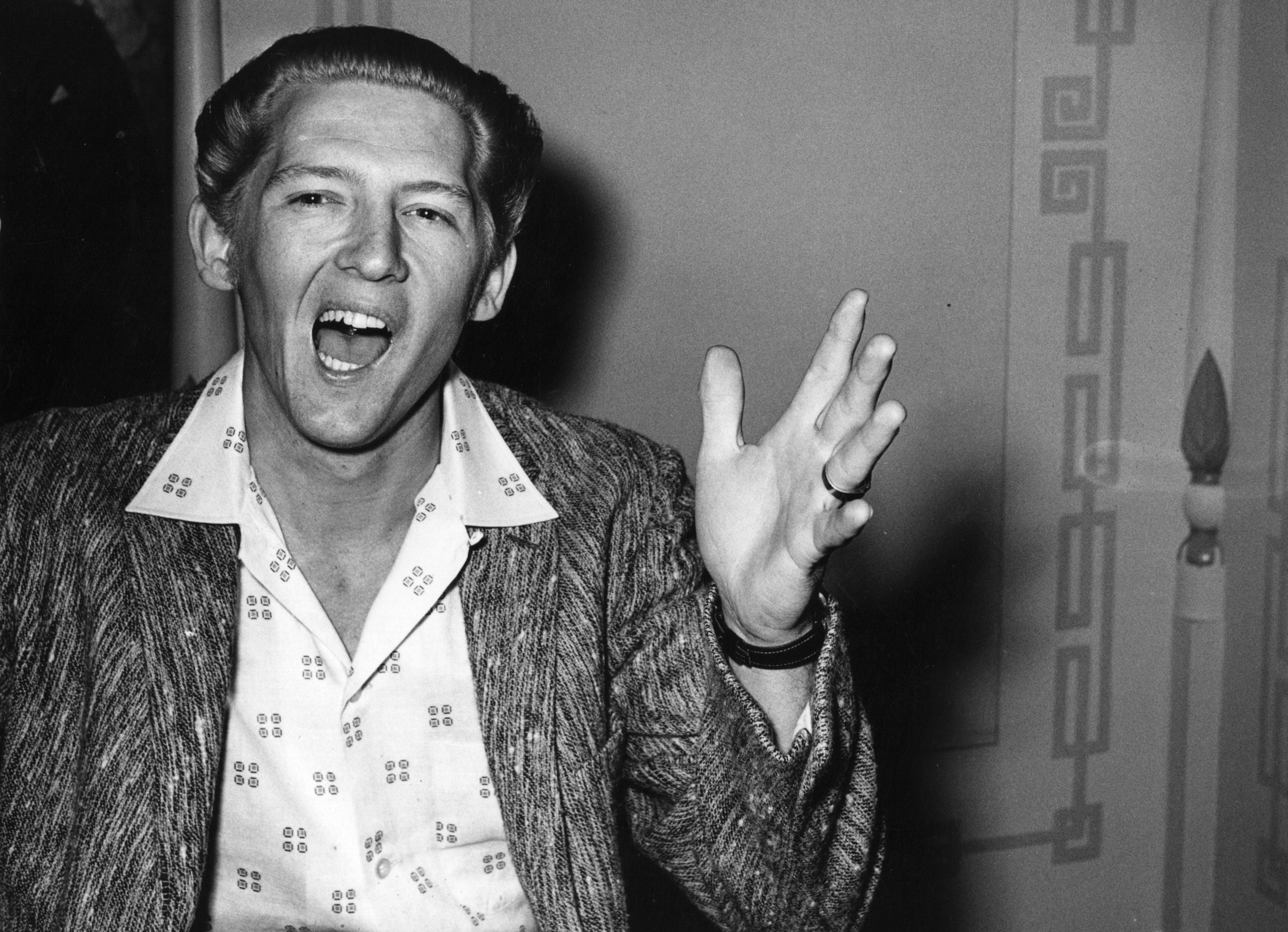Story of the song: What’s Made Milwaukee Famous by Jerry Lee Lewis
From The Independent archive: Robert Webb on Jerry Lee Lewis’s country classic

It was beer that made the industrial port of Milwaukee in Wisconsin famous. The song made a hit for the writer Glenn Sutton, who sadly died in April 2007. In 1968, Sutton was working as a staff producer at Columbia. A burgeoning songwriter, he had also engaged a music publisher, Al Gallico, and was asked to come up with some material for Jerry Lee Lewis. In the mid-Sixties, the legendary wild man of rock, nicknamed “the Killer”, had been persuaded by his producer, Jerry Kennedy, to switch styles to the more commercial sound of country and western. Sutton delayed the commission and was put on the spot when he took a call from Gallico. A song was needed for a Lewis session the next day and Gallico wanted to know what he’d got.
Sutton had nothing prepared, but he didn’t want to lose the work. He glanced at a paper on his desk. There was an advert for Schlitz, “the beer that made Milwaukee famous”. “I just said to Al, it’s a drinking song,” Sutton told the author Mick Brown. “I’d written a lot of drinking songs before then, but I’d never thought of that.” Schlitz was one of a number of breweries, mostly established by German and Polish immigrants, which had sprung up in Milwaukee since the 19th century. Their slogan made a great title, particularly as a country number. Sutton burnt the midnight oil and “What’s Made Milwaukee Famous (Has Made a Loser Out of Me)” was completed by daybreak.
His twist was in the subtitle. Beer may have put Milwaukee on the map, but it had put the song’s protagonist on the skids. It appealed to the Killer’s instinct, however, and he cut it the day after it was written. Paced around a rolling piano, and sweetened by a plaintive fiddle accompaniment, it shot up the Billboard country chart and opened Lewis’s album Another Place, Another Time. It was covered by many, including Sutton’s wife, Lynn Anderson, of “Rose Garden” fame. Rod Stewart returned it to the charts in 1972 and on Lewis’s recent CD Last Man Standing, the two singers duetted on an updated version of Sutton’s epitaph.
Join our commenting forum
Join thought-provoking conversations, follow other Independent readers and see their replies
Comments